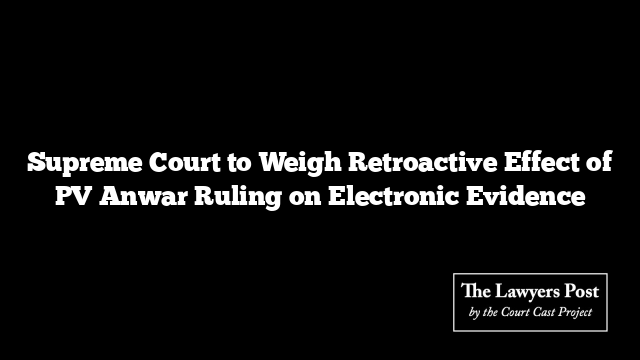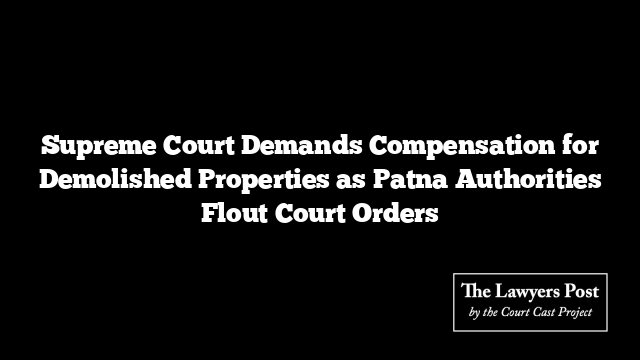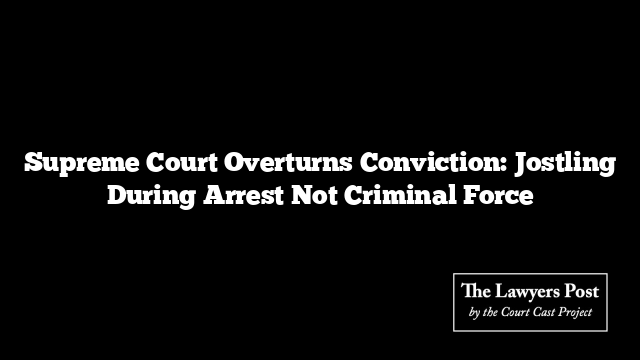The Supreme Court is poised to address a pivotal question: Should the landmark judgment in PV Anwar v. PK Basheer & Ors., which established the necessity of a Section 65B Evidence Act certificate for electronic evidence, be applied retrospectively or only prospectively?
The court, consisting of Justices Surya Kant, Dipankar Datta, and Ujjal Bhuyan, has enlisted the expertise of Solicitor General Tushar Mehta to navigate this complex issue. The case’s central concern is whether the ruling, which mandates that electronic records presented as secondary evidence must be accompanied by a Section 65B certificate—obtained at the time of document creation—should affect past cases or only future ones.
In the 2015 PV Anwar decision, the Supreme Court clarified that such certification is crucial for the admissibility of electronic evidence in court, overturning the previous stance set in the Navjot Sandhu case, which had deemed the requirement non-mandatory. This current examination aims to determine if this clarification will have a retroactive impact, applying to cases decided before the 2015 ruling.
The Court has directed its registry to notify Advocate MK Maroria, the Union of India’s Standing Counsel, and provide a soft copy of the relevant application documents. Maroria will brief the Solicitor General to assist in the upcoming hearing scheduled for August 22, 2024.
In 2020, the Court reaffirmed the PV Anwar judgment in Arjun Panditrao Khotkar v. Kailash Kushanrao Gorantyal, maintaining that the principles established did not require revision. This reaffirmation also overturned the 2018 Shafhi Mohammed v. State of Himachal Pradesh judgment, which had relaxed the Section 65B mandate in certain situations.
The decision on whether the PV Anwar ruling will be applied retrospectively will be closely watched, as it could significantly impact the admissibility of electronic evidence in numerous past cases.





